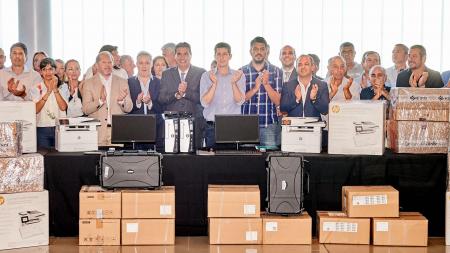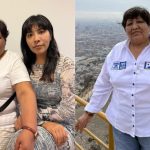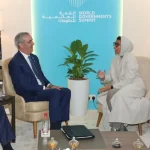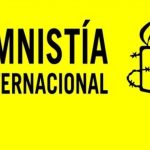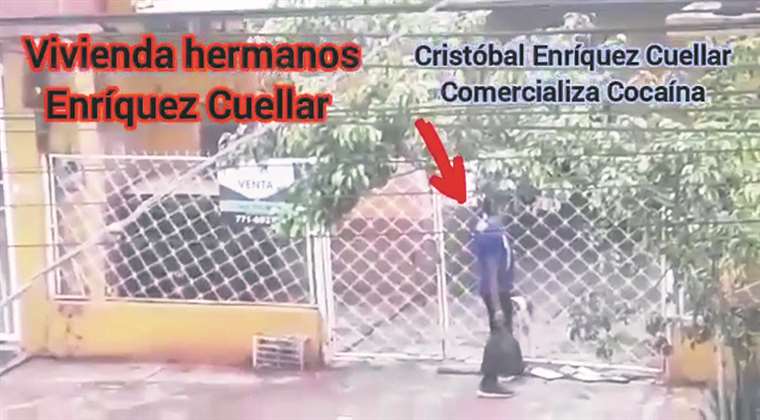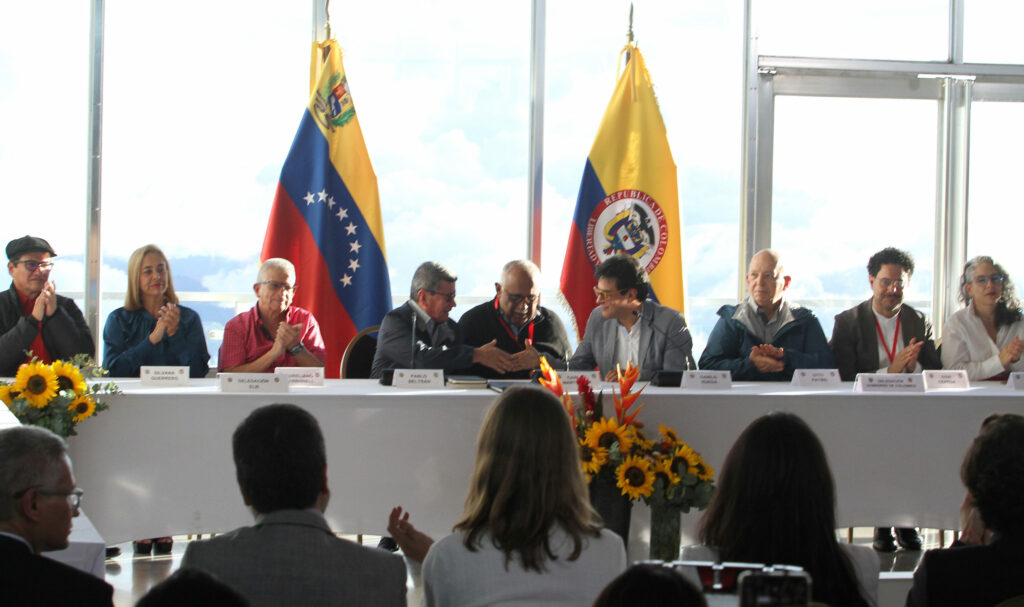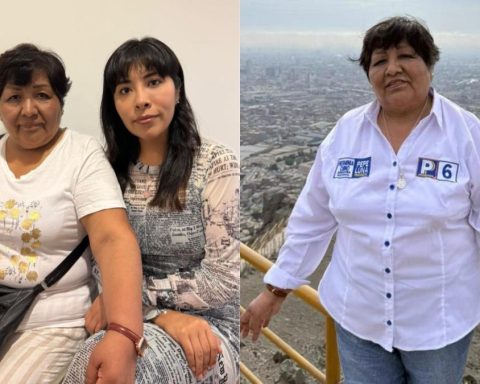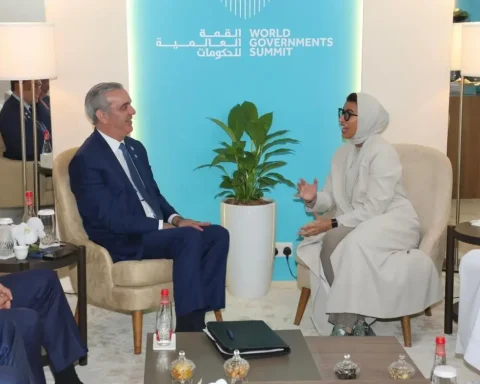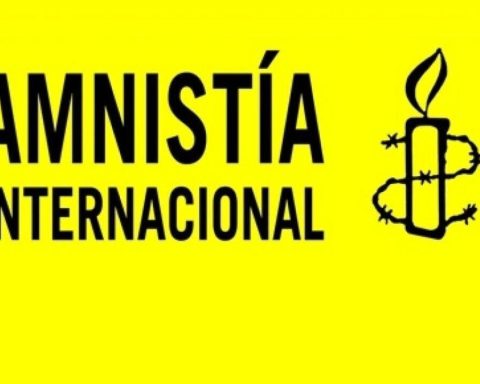The Minister of the Interior, Eduardo “Wado” De Pedro, announced in the Chaco province the decentralization of the DNI and passport factory and a new line of the Standing Municipalities Program to finance local markets.
The act took place as part of the official’s visit to the province of Chaco, where he shared activities with Governor Jorge Capitanich.
De Pedro assured that “in all corners of Argentina we have to have the same opportunities.”
As part of the activity, kits were delivered for the processing of ID, passports and pre-identification certificates.
The head of the Interior announced the decentralization of the DNI and passport factory with new offices in Chaco and Tucumán, with the aim of “federalizing the production and logistics of documents, ensuring a more federal, inclusive and equitable service in terms of access identity,” it was reported in a statement.
“In all corners of Argentina we have to have the same opportunities and that is a political decision, political will and management capacity,” said De Pedro.
This decentralization will improve the delivery times of documents within the country, more availability of shifts and add new services, indicated sources from the Ministry of the Interior.
We also renewed all the technological equipment of the @renaper_ar in Chaco to expedite document procedures. And with #MunicipiosDePie we delivered 8 ambulances, 3 tractors, a compactor truck for differentiated collection, a backhoe and a hydraulic crane. pic.twitter.com/vzY2Hsxavi
— Wado de Pedro ?? (@wadodecorrido) November 23, 2022
“When we say federalism, we are talking about creating the conditions for formal, genuine employment in every corner of Argentina,” De Pedro said.
“That federalism that means work and equal opportunities is done with works, with investments, with a combination and a consensus between the public sector and the private sector. Planning and investing where no one invests, changing the productive matrix or pushing, helping to give that first push so that the regional economies can begin to walk alone”, he completed.
De Pedro and Capitanich also signed different agreements within the framework of the Standing Municipalities Program and delivered machinery acquired through the Program, thus reaching the execution of 28 projects for an amount of more than 200 million pesos for local governments in the province.
The officials announced a new specific line of Municipal Markets for the Argentine Family within the Standing Municipalities Program, to actively contribute to the deployment of municipal markets.
“To be able to help food producers; to small and small producers so that they can have that closeness; so that we can have another tool to fight inflation and begin to demonstrate to those intermediaries, who permanently speculate with the food of the population , we are going to use the necessary tools so that, as (Vice President) Cristina (Fernández de Kirchner) said, the Argentine table works with food and brings families back together around the table,” De Pedro said.
For his part, Capitanich stressed that the “rights that transform the quality of life of our peoples today have been exercised with great strength and with the commitment of all.”
“Here there are mayors and mayors from different political parties working together to strengthen the capacity for political action in the territory,” he added.
And he added that “the Standing Municipalities program strengthens the institutional capacity of municipalities to provide quality services.”
“A municipality with equipment provides a better quality of services that implies closeness to the citizenry,” he stressed.
Then, the officials visited the Retak company, dedicated to the manufacture of Autoclave-Cured Cellular Concrete (HCCA) bricks.
The Minister of Health, Carla Vizzotti; the lieutenant governor of Chaco, Analia Rach Quiroga; the Undersecretary of Municipal Relations, Pablo Giles; the national director of the National Registry of Persons, Santiago Rodríguez; the Minister of Planning, Economy and Infrastructure of Chaco, Santiago Pérez Pons and the Minister of Public Health of Chaco, Carolina Centeno.
